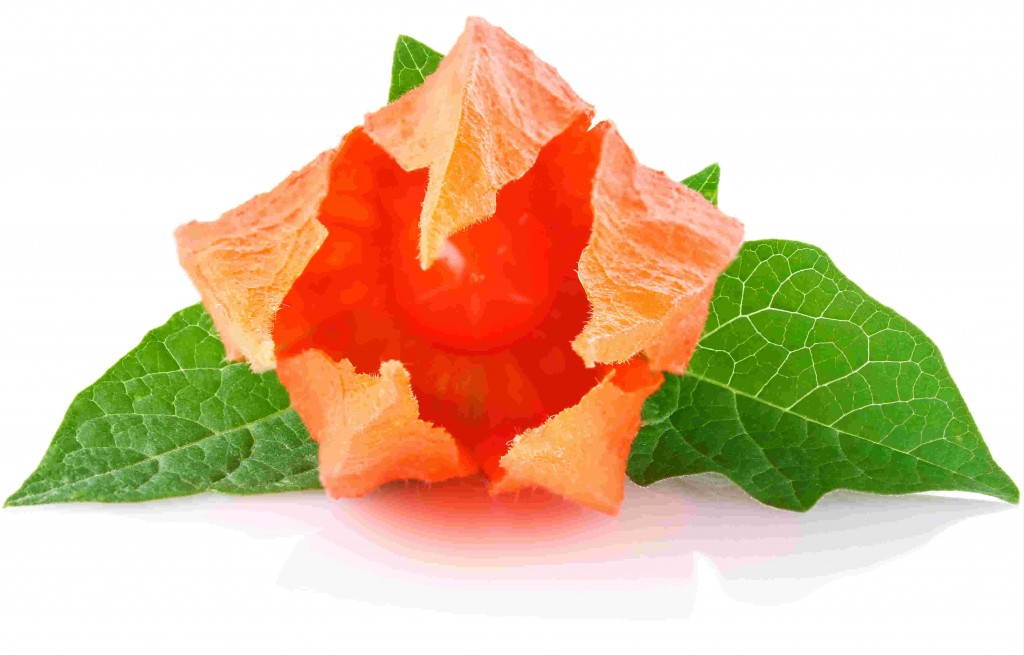HEALTH BENEFITS OF ASHWAGANDHA-INDIAN GINSENG
Ashwagandha is one of most potent herb in Ayurvedic healing system. It is composed of two sanskrit words (Ashwa – horse and Gandha – smell, because its roots when crushed give smell like horse’s urine),
This describes that herb provides the strength of a stallion and traditionally prescribed to strengthen immune system of people after illness. Ashwagandha is also known as Indian Ginseng because of rejuvenating properties though ginseng and Ashwagandha are not related to each other.
Geographic distribution:
Ashwagandha has the great medicinal importance in Ayurveda from ancient times. This herb is found in all over parts of India. Ashwagandha is grown in various botanical gardens in India.
Classification:
- Sanskrit names – Ashwagandha, Balada, Kamrupini, Gandhpatri ,Vajini
- Common names – Winter cherry, Indian ginseng
- Scientific name – Withania somnifera
- Family – Solanaceae
- Plant parts used – Whole plant parts
Morphology :
- Size – This is an erect, perennial and branched herb and usually 30-60 cm in height but can grow up to 170 cm.
- Leaves – Leaves are alternate and ovate, up to 10 cm long.
- Flowers – Flowers are 4-6mm in diameter and bright yellow or greenish.
- Fruits – Red berries enclosed in a papery protective covering (Calyx).
- Roots – Roots are long, unbranched and fleshy tubers.
Health benefits of Ashwagandha -INDIAN GINSENG:
Ashwagandha is packed with miraculous properties which are quite beneficial in body healing for various health complications. Thus it has become new ray of hope in the management of various health complications.
According to Ayurveda, Ashwagandha helps to balance the vata dosha which is related to brain health. Ashwgandha has calming effect on nerves.Moreover regular consumption of Ashwagandha may result in numerous health benefits.
Ashwagandha benefits are discussed in details below:
- Anti – cancerous properties – It has been found in various research studies that Ashwagandha has anti cancerous properties which are quite beneficial to provide relief in the cancer. It also helps to reduce the adverse effects of chemotherapy and radiation without interference with tumor cell killing activities.
- Antimicrobial activities – Ashwagandha is a valuable medicinal herb in Ayurveda. It possesses the antimicrobial activities which are effective to manage the various infection like gastrointestinal, urinogenital and respiratory tract infections.
- Cardio – protective properties – It also offers health benefits in the cardiovascular problems. It provides strength to heart muscles and also helps to maintain the good cholesterol levels.
- Anti stress properties – Aswagandha acts like a nervine tonic. It helps to maintain the both physical health and mental health. According to Ayurveda, Ashwagandha helps to balance the vata dosha which is related to brain health. It helps to pacify the nervous system thus provide the relief in stress, anxiety and depression.
- Anti-diabetic properties – Ashwagandha also possesses anti diabetic properties because its helps to maintain the good blood sugar levels. It has been found that regular consumption of Ashwagandha helps to manage the problem of diabetes.
- Stimulation of thyroid gland – Ashwagandha helps to improve the thyroid health. It is an adptogenic herb which helps to manage the both hypo and hyper thyroid complications. It helps in the proper functioning of thyroid hormones.
- Antioxidant properties – Ashwagandha is also packed with the antioxidant properties. It helps to neutralize free radicals which are produced during metabolism. It is beneficial to manage the oxidative stress in body.
- Immunomodulatory properties – Ashwagandha helps to strength the immune system which is beneficial to provide the relief in various infections.
- Skin health – Ashwagandh helps in stimulation of DHEA which is an adrenal steroid hormone in the body. It helps in the production of proteins which are helpful in maintaining the skin hydration, skin elasticity and collagen which are good for healthy skin.
- Healthy hair – Ashwagandha also supports the good hair texture. It helps to improve the scalp circulation and provide the strength to hair. It also supports the production of melanin pigment that is responsible for hair color. Use of this herb is also good to get rid from dandruff.
- Blood production – Ashwagandha also possesses the haemo poetic properties which means it is useful in the production of blood cells. It is also helpful to manage to problem of anemia.
- Aphrodisiac properties – Aphrodisiac properties of Ashwagandha helps to improve the fertility and vitality. It is helpful to enhance sexual desire. In case of males it helps to improve the quality and production of semen. Where as in case of females it helps to manage the hormonal imbalances.
- Anti-inflammatory properties – Ashwagandha’s anti-inflammatory properties helps to provide the relief in joint pains and various other body pains. Ashwagandha is packed with phytochemical compounds like saponins, alkaloids and steroidal lactones which have anti-inflammatory properties.
- Mood booster – Ashwagandha herb is also known as the mood booster. It helps women to cope up with the mood swings.
- Increases the body’s stamina and strength – Ashwagandha helps to maintain the body’s stamina because it helps to balance the adrenal hormones which are involved in the physical activities. These hormones help to decrease the pain of muscles and joints while doing physical activities though they also help to maintain the same energy levels. This is the reason, athletes consume Ashwagandha .
- Helpful in insomnia – Ashwagandha’s rejuvenating properties are beneficial in insomnia. It helps to pacify the nervous system thus beneficial to manage the stress. It also helps people to maintain a good sleep.




